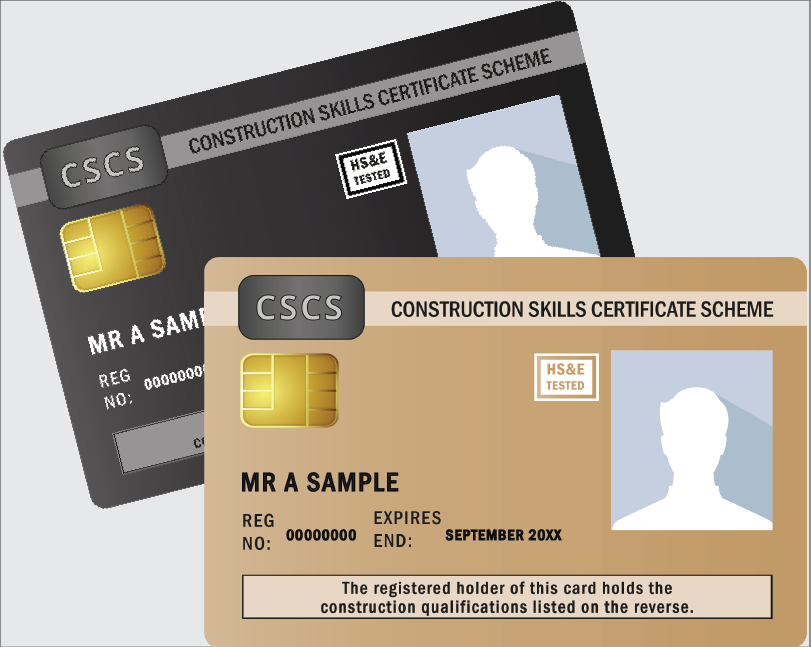Latest News
The ESS Guide to NVQs
Posted on Friday, 24th July 2020

If you are looking for a qualification that offers you the chance to gain practical knowledge of working in your job role, look no further than NVQs. These vocational-based qualifications allow workers to earn a living while completing a qualification which can help them take that next step up in their career.
But what exactly are NVQs, and how do they work? In this week’s blog, we take an in-depth look at these qualifications and explain why they can be so valuable.
What are NVQs?
NVQ stands for National Vocational Qualifications. These qualifications assess a learner’s ability to perform the practical side of their job, as well as having all the necessary knowledge and know-how needed for the role. There are hundreds of NVQs available to enrol on across various sectors and seniority levels.
NVQs are generally built up of several units which suit the demands of the specific job role. Candidates will be given on-going assessment in their ability to carry out their job duties correctly. They may also be asked to compile a portfolio and complete tests as evidence of their ability to perform their duties.
By their nature, there is a lot of variety in how NVQs operate depending on the industry and level of qualification. There are designed to be flexible to meet the needs of the learner, the employer, and the job.
How do NVQs work?
NVQ assessments are broken down into two distinct sections: knowledge and performance.
Knowledge establishes that the learner has all the necessary theoretical understanding to perform their job role safely and effectively. How this is measured can vary, but normally consists of the learner answering questions relating to the specifics of their job role.
Performance relates to the learner’s ability to handle the practical, day-to-day responsibilities and tasks of their job. This is normally measured through on-going assessment of the candidates competency.
Depending on the NVQ, some qualifications will provide learners with various optional units to complete in order to obtain the necessary amount of overall ‘credits’. This allows them to pick the units which are most relevant or appropriate to them. However, there will be certain mandatory units which learners must complete.
What jobs can I get with an NVQ?
NVQs are perfect for those who are considering going into a practical field of work. Industries which require specific skills which come from practical experience highly value workers with a relevant NVQ to their name.
NVQs are particularly popular in sectors including:
- Construction
- Education
- IT
- Health and social care
- Beauty (eg. hairdressing)

What are the different levels of NVQ?
There are five different levels of NVQ, with the higher numbered levels requiring more knowledge, skills and experience to complete.
Level 1
Equivalent of GCSEs at grade level D - G (grades 3-1 under the new GCSE grading system).
This is the most basic NVQ available, ideal as an entry point for those just starting out in the subject area. Learners will develop basic knowledge and understanding of the subject and perform simple practical tasks. This level is ideal entry for anyone who has left education with few or no qualifications.
Level 2
Equivalent of GCSEs at grade level C - A* (grades 9 - 4 under the new GCSE grading system).
Learners develop a more in-depth understanding of their subject and are asked to carry out more complex practical tasks around the workplace. Most Level 2s will not require you to have completed a Level 1 beforehand.
Level 3
Equivalent of two A-Levels.
Level 3 NVQs are often referred to as supervisor NVQs, as this level starts to develop knowledge suitable for supervisory roles. Learner will develop further knowledge and be given increasing responsibility to perform their own jobs and oversee the work of other staff. Some Level 3 qualifications will require you to have completed a Level 2 before enrolling.
Level 4
Equivalent of an undergraduate degree.
This level of NVQ is perfect for those who want to develop a more technical understanding of their subject area, with a view to taking on management positions.
Level 5
Equivalent of an undergraduate degree.
Level 5 NVQs are designed for people who have expert knowledge of their job role and want to take senior management positions in a company. This level of expertise will allow successful learners to understand complex situations in their workplace, as well as training other workers.
Do you need an NVQ for a CSCS card?
 One of the industries where NVQs are most important is the construction and building sectors. To get on-site to perform their job, workers need the correct CSCS card. To qualify for the majority of cards, workers need to have completed a relevant NVQ of a high enough level.
One of the industries where NVQs are most important is the construction and building sectors. To get on-site to perform their job, workers need the correct CSCS card. To qualify for the majority of cards, workers need to have completed a relevant NVQ of a high enough level.
For example, to obtain a Blue CSCS Skilled Worker card, applicants will need to have completed a relevant Level 2 NVQ. Enrolling on an NVQ will also allow workers to apply for temporary card such as the Red Trainee card. This will allow them to get on-site to complete their training.
Previously, the Green Construction Site Operative card allowed workers to get on-site without completing any form of training (accept for the HS&E Test). This was issued to many workers who started working in the industry before current qualifications were required. This system is known as 'acquired rights', formerly known as 'grandfather rights'. As of July 2014, these cards were phased out and can no longer be applied for.
Please be aware that many CSCS cards require additional qualifications or evidence for a successful application. This includes the Health, Safety and Environment (HS&E) Test, which is a requirement of all cards. For more information on CSCS cards, check out our dedicated webpage.
Is RQF the same as NVQ?
RQF stands for Regulated Qualification Framework. Launching in 2015, RQF is a reference system which helps learners to understand how different qualifications compare to each other. The framework is overseen by Ofqual who see them as an opportunity to improve “consistency around how awarding organisations describe the size and challenge, or demand, of the qualifications they offer.”
What is the difference between RQF and QCF?
QCF stands for Qualifications and Credit Framework and was the predecessor to RQF courses. It was a system introduced to simplify the process of using course credits across various qualifications. QCF qualifications were phased out and replaced by the RCF in 2017.
NVQs with ESS
At Essential Site Skills we run a wide-range of NVQs across a number of disciplines, with a specific focus on Level 2s in the construction sector, perfect for those looking to get a CSCS card. To find a full list of the NVQs we offer, check out our online index.
If you or your organisation are struggling to find the funds for training, we offer a range of funding options to support certain companies and individuals access qualifications free of charge. Check out our website’s funding page for more information and to check eligibility.
If you have any further questions, why not speak to a member of our team. You can call us on 0115 8970 529, or drop us an email at info@essentialsiteskills.com.


